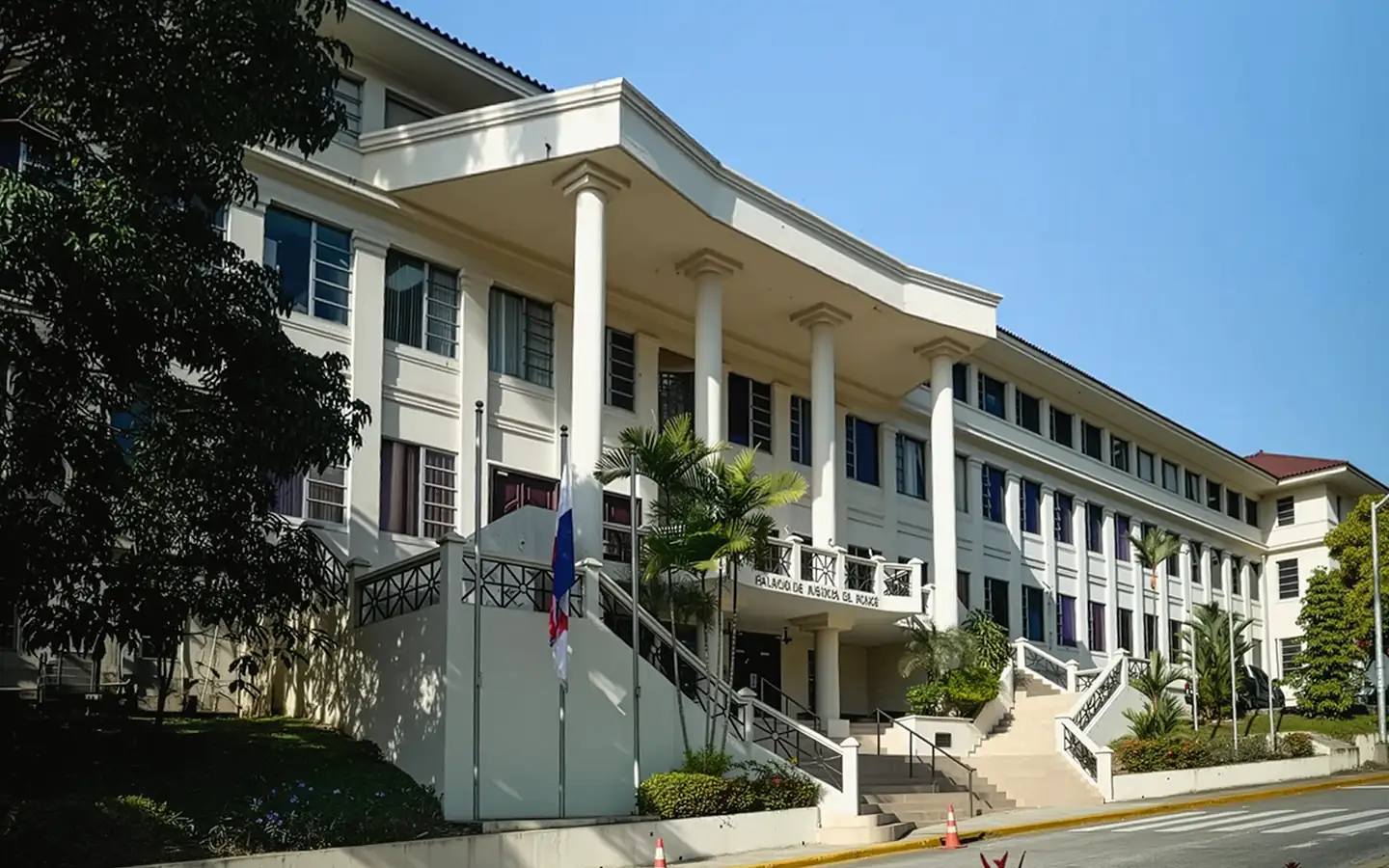The new Civil Procedure Code, enacted by Law No. 402 of October 9, 2023, and set to take effect in October of this year, represents a sweeping reform of Panama’s civil judicial system. Its objective is clear: to achieve faster civil trials with fewer formalities, while preserving the guarantees and rights of the parties’ hallmarks of effective justice.
Article 1 enshrines twenty-five fundamental procedural principles, designed to ensure efficiency, transparency, and fairness in judicial proceedings. These principles are interconnected and form a harmonious system that guides the work of judges, attorneys, and other process participants.
The principle of constitutionalization of the process is the central axis of the new Civil Procedure Code and the foundational concept that inspires the entire reform. Its purpose is to ensure that procedural rules and structures not only streamline judicial processes, but also effectively guarantee the fundamental rights of the parties, with procedures that are more humane, balanced, and aligned with reality. This approach acknowledges that justice cannot rely on excessive red tape or endless case files, but must be based on a model that offers equal opportunities, reasoned decisions, and reasonable timelines in line with the Constitution and international human rights standards.
The principle or technique of orality is one of the most visible and transformative changes introduced by the new Civil Procedure Code. The new model is built around hearings: a space of direct interaction between the judge, the parties, and the facts. Here, the judge takes on a more active role with the parties, driving the process forward, resolving procedural issues, and overseeing the collection of evidence all of which empower the judge to resolve disputes within a reasonable timeframe. This system moves away from a process based solely on written submissions and voluminous files, which for years contributed to judicial backlog and delays. With orality, the key steps of the process presentation and admission of evidence, and even the decision itself are concentrated into fewer sessions, shortening timelines and making conflict resolution more efficient.
Alongside these reforms, principles such as conventionality control, effective judicial protection, equality, reasoned decision-making, consistency, and procedural loyalty and good faith, reinforce the vision of a more balanced and agile process, with decisions grounded in law and respectful of the parties’ rights. Ultimately, the goal is to build a civil justice system adapted to the need for simplified procedures and timely results, ensuring the effective judicial protection that must guide any justice system.
In a future article, we will further explore the remaining principles that make up the new Civil Procedure Code’s framework.
Read more articles here


